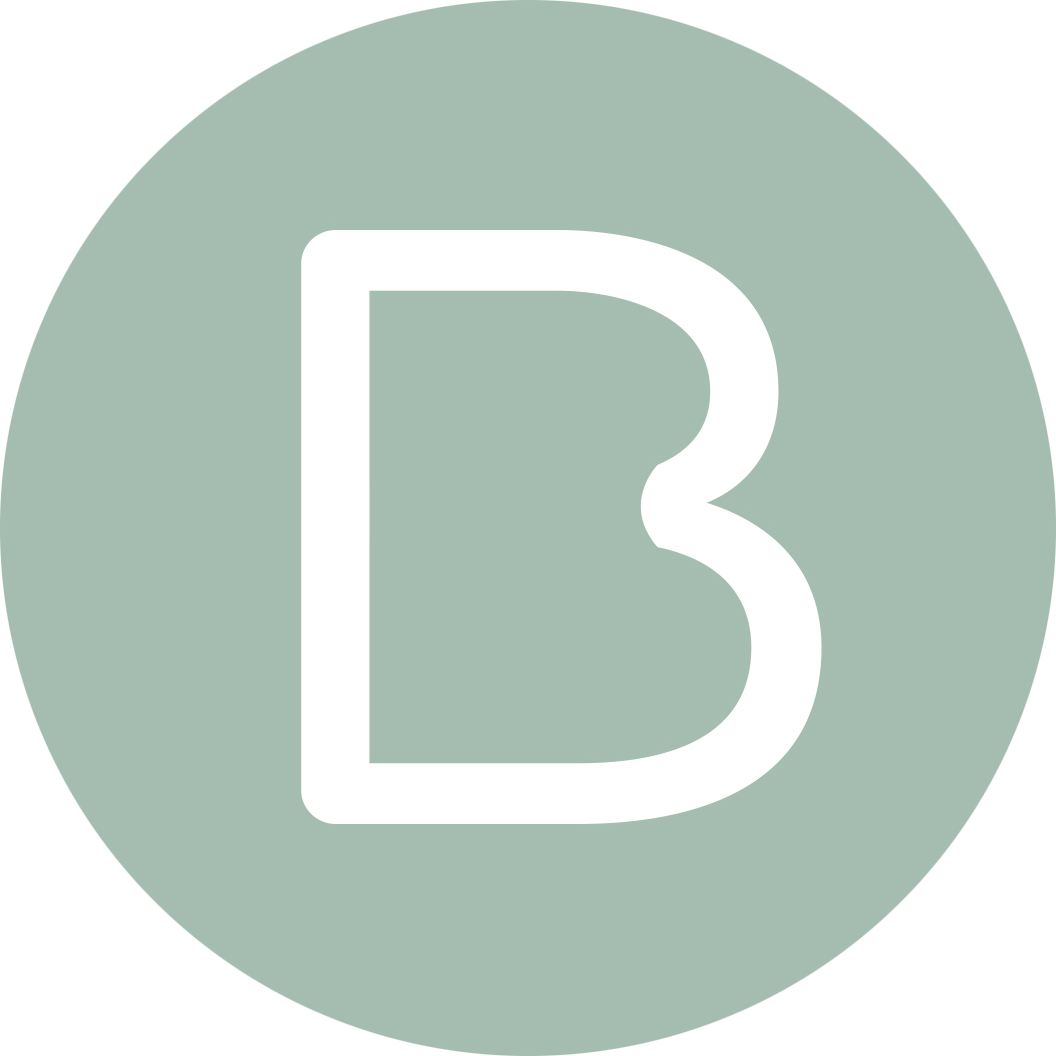Imagine you had a great phone call with a recruiter for a role where your skills and experience are the perfect fit. The call went so well that you are expecting to be called back right away for a next round interview. Then when a few weeks go by, it surprises you to find out that they have moved forward with another candidate.
If this has happened to you, it may be time to take a hard look at the way you answered your interview questions. Though you have the right experience and are a master of everything listed in the job description, if you didn’t clearly demonstrate that to the interviewer, you may be passed over.
As a recruiter, I see this often. On paper, a candidate is a great fit for the role, but after a phone interview our clients pass on them because their responses were “too vague.”
How do you avoid this common pitfall? Be very specific in your answers and provide concrete examples to support your statements. For example, saying that you plan events or that you can manage a busy calendar is simply not enough information for an interviewer to assess your experience, process, and workflow.
Here are some examples of how you can turn a vague answer into a specific and well-articulated response:
Vague: “I have experience planning events.”
Specific: “I am the primary coordinator for all internal events at our company ranging from departmental meetings through 100 person team-wide offsites. When I plan events, my process is to sit down with the person hosting the event to understand high-level themes and objectives. Then I meet with finance to finalize a budget. I secure the venue, manage vendors, draft communications to invitees and deliver invitations. On the day of the event, I am the go-to person for AV and IT, as well as manage the check-in. If necessary, after the event I send a survey to attendees to get feedback for improvement.”
Vague: “I help create culture.”
Specific: “I noticed that there was a huge division in our company between the sales and engineering teams, so I implemented a one-on-one program between the two groups where an employee is paired with another employee from a different team and they meet once a month to connect over coffee or lunch. After 6 months, matches are reshuffled to encourage further community development with different people and new employees.”
Vague: “I do heavy calendaring and travel arrangements.”
Specific: “Between the two executives I support, I schedule around 30 meetings a week, about 15% of which need to be rescheduled for changing priorities, so I am continually monitoring my executives’ calendar so that it best reflects the meetings that are most pressing. I schedule international and domestic travel. I always learn their preferences for flight time, seating and layovers, but if necessary I will present two options if there isn’t anything that is clearly the best choice. I create a detailed itinerary for travel that includes hotels within a half-mile of meeting venues, and also make dinner reservations based on research. Depending on the executive’s preference I schedule a car service or will pre-schedule Uber. ”
Vague: “I am very organized.”
Specific: “I have a variety of tools to keep me organized. First, I use the principles of the 4 quadrants of time management to prioritize tasks that are both urgent and time-sensitive and then handle the rest of the tasks thereafter. I use Asana to keep track of my ongoing projects and also to collaborate with my executive as needed.”
These examples illustrate how to be more specific when answering questions about your experience. So the next time you are preparing for an interview, go through every line item on your resume from your last few jobs and jot down in the margins additional tangible and specific details of how you achieve those tasks. Keep this resume near you during your phone call so that you can dive into the details. You want to leave an interviewer feeling like they understand exactly what and how you do your job.
Finally, when describing your experience, try to refrain from using “we”. The interviewer is not assessing your team. Use the first person “I“ and describe exactly your contribution to the task. For example, instead of saying ‘We set up the events” try saying “I handle the set-up of the AV and troubleshoot all IT before events”.
If you are in doubt of how clearly you have demonstrated your experience, ask your interviewer at the end if there is any further clarification or examples you can provide.
Good luck with your interview!
For more Bloom interviewing tips, check out our Resources page!

